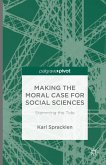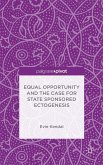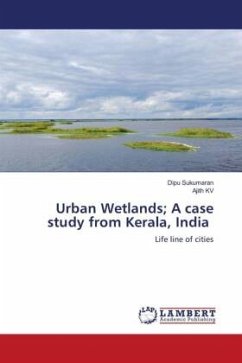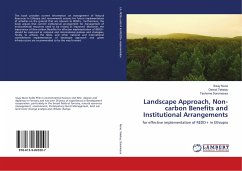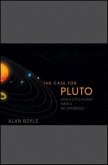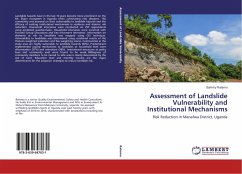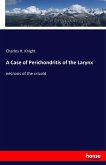Studies over the last twenty years show that understanding the social and economic forces that govern society and create vulnerability should have the same emphasis as understanding the physical causes of vulnerability. In this monograph Dr Bosher investigates what social networks and institutions are available (created or imposed) to people that enable them to cope with the large crises that are, alas, prevalent in South India: tropical cyclones, earthquakes, tsunamis, massive flooding, environmental poisoning, wastewater spillage as well as large scale poverty, misgovernment and endemic disease. This work offers material on disaster risk management processes and the multi-disciplinary integration of these processes within long-term developmental and ameliorative initiatives. Chapter One: Introduction Chapter Two: Conceptual and Theoretical underpinnings Chapter Three: Contextual study of case study areas Chapter Four: Methodology Chapter Five: Contextual analysis Chapter Six: Factors that influence levels of vulnerability Chapter Seven: Social Influences upon levels of Vulnerability Chapter Eight: Conclusions and recommendations "A fine contribution to the intersection of engineering, public policy ,disaster preparedness and developmental planning. "Recommended for research libraries...excellent research in South India" Dr Randolph Langenbach, formerly FEMA, researcher UNO/UNESCO


